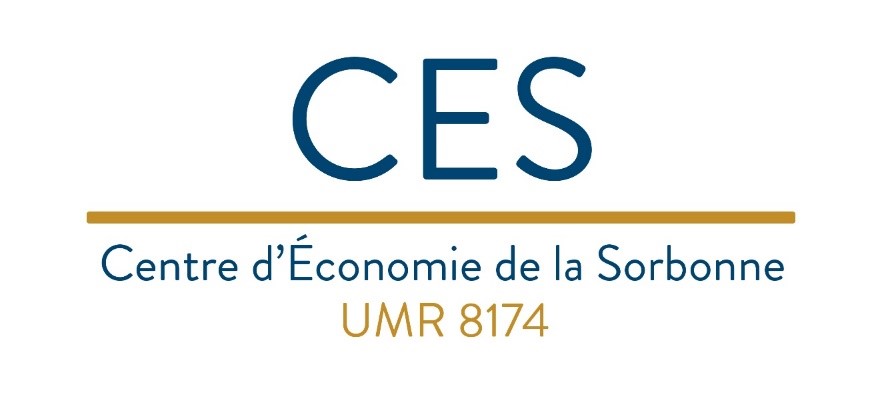Law professions, low regulation: assessing French notarial competition through (de)regulation indexes
Résumé
This paper questions the difficulty of quantifying French notaries’ regulatory evolutions with existing regulatory indicators. Whereas the notary profession faced a major transformation with high competitive outcomes, regulatory indicators that initiated this process did not change. Does this mean that French notaries do not belong to the European deregulation process of professional services? In this paper, we aim to consider the more general issue of assessing professional services’ regulation and question both indexes’ internal and external validity. We show that (1) regulatory indicators used
to promote professional deregulation in Europe belong to a “flat world” paradigm, and that (2) they are inconsistent in assessing evolutions resulting from the European Open Method of Coordination. We process in two steps. First, we identify an “index framework” which includes regulatory indicators from different indexes-based policies. As they have common structure and aims, their methodology relies on a full-comparability paradigm, with the idea that regulatory “best practices” from different countries and professions could be implemented in any professions or countries. Moreover, this comparability perspective echoes the Open Method of Coordination, namely a policy method used in
the European context of regulatory convergence. However, when we consider their applicability in the French context, we note indexes’ inability to compare professional regulations: regulatory indicators only quantify a small part of professional rules, and cannot explain some dynamic evolutions. They belong to a “flat world” paradigm, with an underlying theoretical economic model restricting the regulatory scope. We then try to define precisely this theoretical model in order to grasp its consequences on policymaking. If regulatory indicators do frame the economic assessment of regulation, we aim to make
their model consistent in a general equilibrium perspective. We see that indicators’ theoretical regulatory model is a contestability model of non-regulation, which cannot justify piecemeal deregulations. This theoretical model advocates for a total deregulation in professional services, whereas the Open Method of Coordination had only promoted piecemeal deregulation policies. Beyond this external inconsistency, our conclusion is that – paradoxically – the underlying theoretical model does not apprehend law, and can only advocate for a legal revolution instead of a regulatory evolution. Therefore, we support a more law-grounded approach for regulatory quantification, and advocate for new indexes in the quantification of Open Method of Coordination’s effects.
Domaines
Sciences de l'Homme et Société
Origine : Fichiers produits par l'(les) auteur(s)
licence : CC BY - Paternité
licence : CC BY - Paternité


